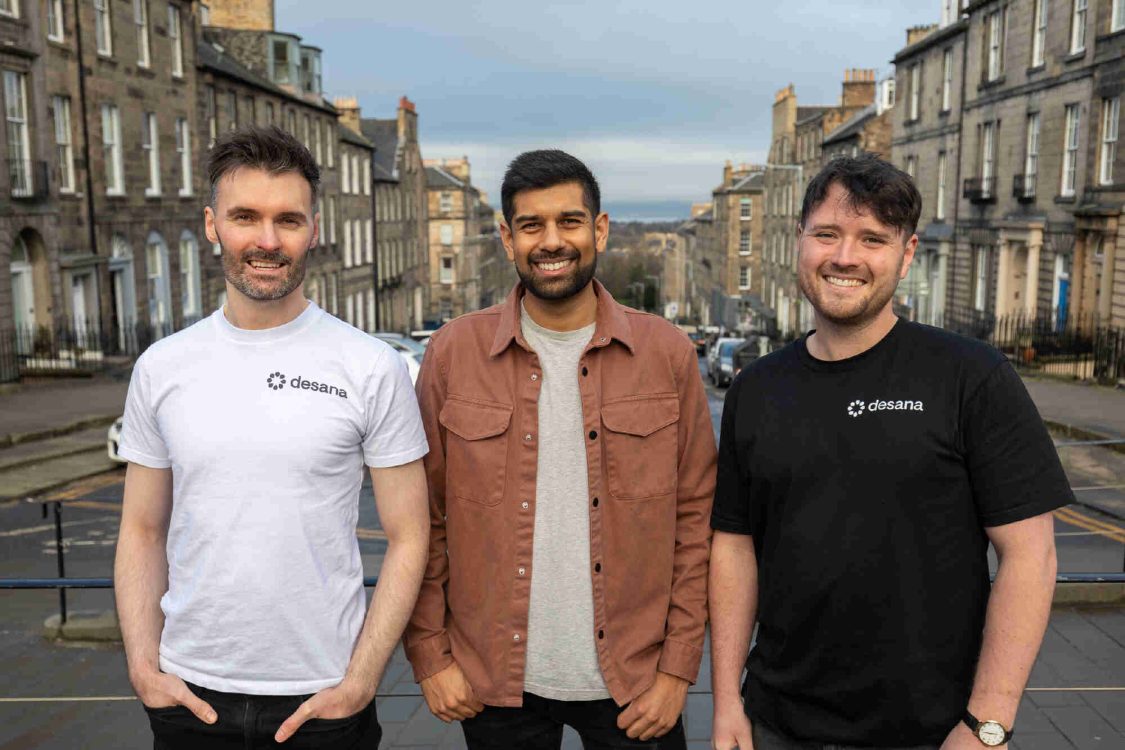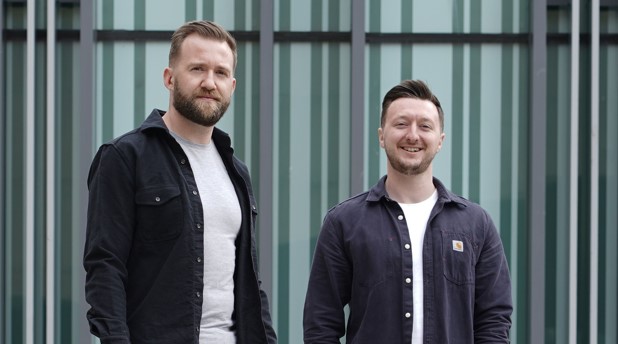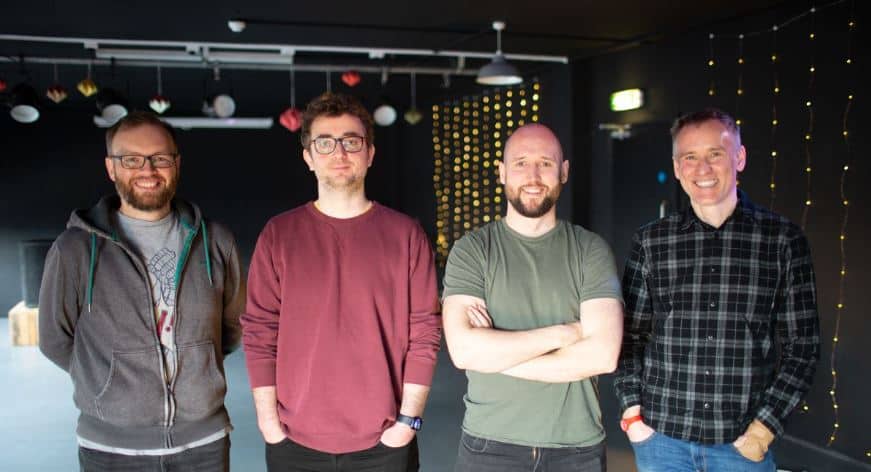Neurolaboratories secures £2.77 million Seed investment led by LAUNCHub Ventures

UK-based Synthetic Computer Vision startup Neurolabs aims to democratize computer vision by packing it into a readily available, out-of-the-box solution for companies that do not belong to the tech elite, who lack access to data and struggle with budgets.
Computer Vision (machines that teach themselves to see and recognize everyday objects) companies have made waves with some well-funded series A and series B rounds. Early rounds of $50M were a rare sight in the space – although investors are excited to fund anything with Artificial Intelligence, the hand that could reliably and efficiently feed AI the quality visual data that it requires has been largely overlooked until recently.
Fear of change and complacency has been comfortably attributed to old industries like physical retail for not being decisive enough to jump on AI automation. But it’s not even half of the story. In fact, global Artificial Intelligence in retail is expected to soar from last year’s $4.84 billion to $31.18 billion in 2028. There are other barriers to overcome.
Synthetic Data’s superiority over real-life data in terms of accuracy, speed, cost, and legal compliance has been well established. Synthetically generated data will completely overtake real-life data by 2030, according to Gartner. But unstructured visual data for AI processes in retail needs very precise and anticipating 3D-modeling of everyday physical objects like milk cartons and cereal boxes. For a machine to simply recognize an object on the shelf is not enough. To anticipate and reproduce real-life changes in packaging and design is the real feat for Synthetic Computer Vision championed by Neurolabs.
“Generating synthetic data doesn’t automatically translate into working Computer Vision algorithms. It’s a learning process in itself and we have been perfecting it for more than 2 years now.” affirms CEO and Founder Paul Pop.
Then there’s the talent shortage: while data is rapidly being commoditised, businesses in traditional industries have been struggling to execute on automation initiatives due to the scarcity of Computer Vision engineers.
To the rescue comes Neurolabs’ out-of-the-box solution that enables software engineers and citizen developers to build computer vision solutions as easily as building a website.
Unlike the industry incumbents like Nvidia and Unity, the startup wagers on no-code and low-code implementation.
The technology reduces Computer Vision model development costs, and time to deployment to literal days instead of months.
With such a breakthrough in accessibility, is it correct to imagine every single physical product on the shelf anywhere in the world being fully digitized?
“We are amassing the largest 3D product repository in retail, aiming to reach over 100,000 products this year. The sky’s the limit: a streamlined process of adding any existing product to our database in minutes is in place,” continues Pop.
Building virtual twins of real-world products on a mass scale unlocks the potential for Synthetic Computer Vision to be applied at each stage of the consumer packaged goods lifecycle, from manufacturing and distribution, to in-store, e-commerce, and recycling.
Based in Edinburgh, UK, with offices in London & Cluj, Romania, the Synthetic Computer Vision company has made big strides in the last 18 months, landing the French discounter Auchan as a client, with other big brands in the pipeline.
Led by Southeastern Europe specialist fund LAUNCHub Ventures, the $3.5 million seed round attracted Berlin’s Lunar Ventures, Techstart and London’s 7% Ventures as co-investors.
“It’s obvious that synthetic data is the most efficient way to train your algorithms and quickly develop computer vision applications,” said Stan Sirakov, General Partner at LAUNCHub Ventures in a statement following the funding round. “The Neurolabs team has proven a strong edge in object detection in different industry applications.”
‘While the Teslas and Googles of this world can pour into their AI operations their unmatched financial and human resources to develop next-stage consumer products like self-driving cars, there are a plethora of non-tech industries that are ripe for the latest automation technologies but struggle with adoption,” added Sirakov. “With an end-to-end solution so easy to implement, we see it as a way to democratize Computer Vision.”
Neurolabs plans to use the new capital to scale operations and expand its offering into several consumer packaged goods use cases.










